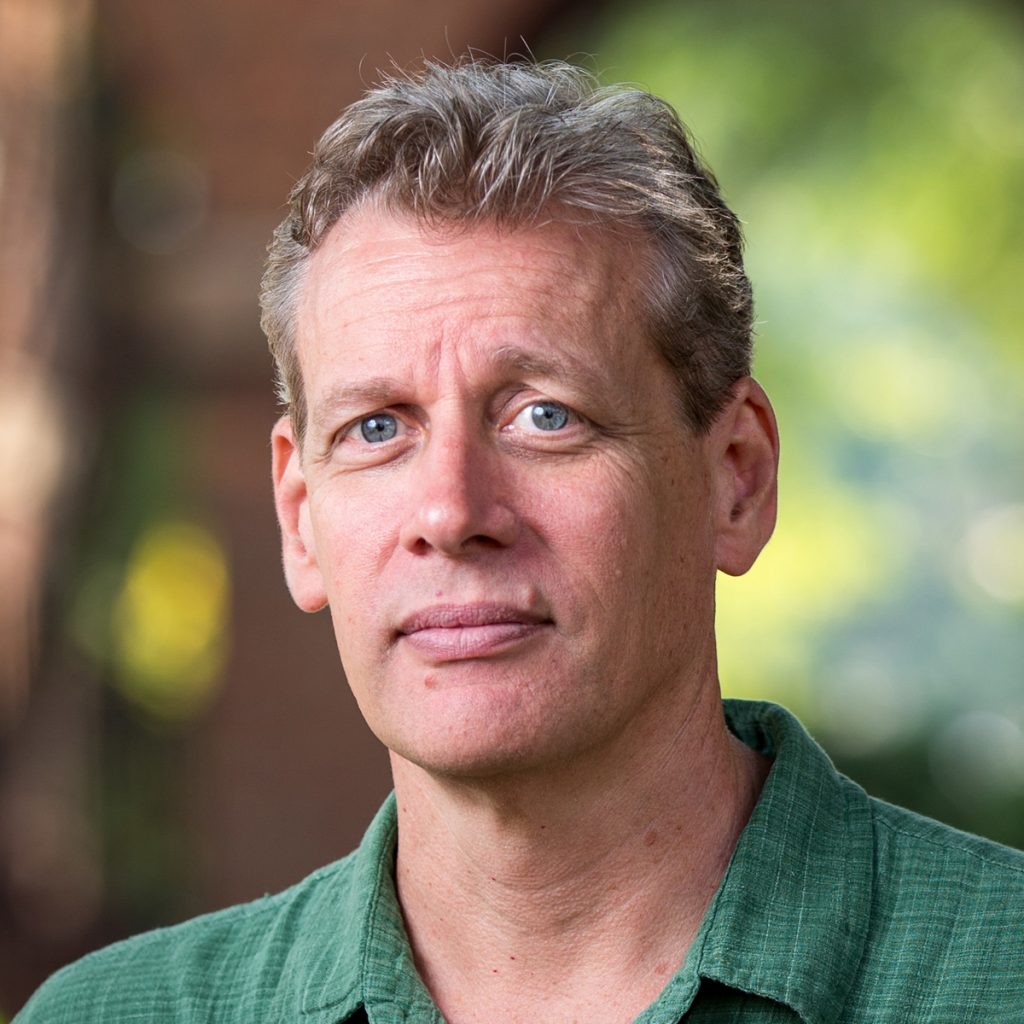 Download High Resolution
Download High Resolution
Brad Bullock
Professor of Sociology
| Credentials: | B.A., Baylor University M.A., Vanderbilt University Ph.D., Vanderbilt University |
| Associated Departments: | Demo Academic Dept |
| Office: | Leggett 606 |
| Phone: | 434-947-8559 |
| Email: | bbullock@randolphcollege.edu |
News Headlines
- Professor Brad Bullock retiring after more than 30 years behind the Red Brick Wall
- Randolph kicks off 2022-23 academic year with Convocation
- Bullock published in special issue of peer-reviewed journal
- Randolph sociology professor pens article in quarterly journal, Critical Muslim
- A Part of History
- Plugged in to environmental issues
- Randolph sociology professor’s work published in academic journal
My primary areas of interest include political economy, international social development and environmental issues. Courses I teach include Community and Social Problems. I conduct research on the Caribbean Basin and have recently traveled to such places as Guatemala, Panama, Barbados, Curacao, Guyana, Belize, and Cuba. I bring those experiences to my teaching about developing countries and society. Outside academia, I have been involved in work in the Caribbean for The Nature Conservancy.
After years of doing analyses about how economic and political factors translate into social development among nations, I was increasingly interested in the Caribbean– a place well-traveled but poorly understood — and the essential link there between people and environments. Since that region relies heavily on its natural beauty, assembling long-term strategies for sustainable resource use are urgently needed.
I encourage my students to learn sociology by applying it — using it to discover how it is connected to their lives in practical ways. For example, my teaching of conservation, land use, and other environmental issues stresses that these are necessarily people issues. Conventional development policies, poverty, international inequality, and lack of opportunities in education or through viable alternative practices put enormous pressures on natural environments.
The value of putting alternative practices into place became vividly clear during a recent trip arranged through the Quillian Visiting Scholars program. A few colleagues and I were privileged to spend weeks among the Makushi, an indigenous group living deep inside the rain forest in Guyana. They were mixing their traditional subsistence farming with new crops that have an international market (e.g., cashews and dried fruits). More exciting, they had begun a nascent eco-tourism business catering to international tourists. Their expertise as guides and cooks provides for jobs while preserving the rain forests.
Simultaneously, they preserve their language and culture, since young people are less prone to migrate elsewhere in search of opportunity. The on-going efforts of my students and colleagues to raise money and send supplies in support of the Makushi’s eco-tourism business have been particular rewarding.